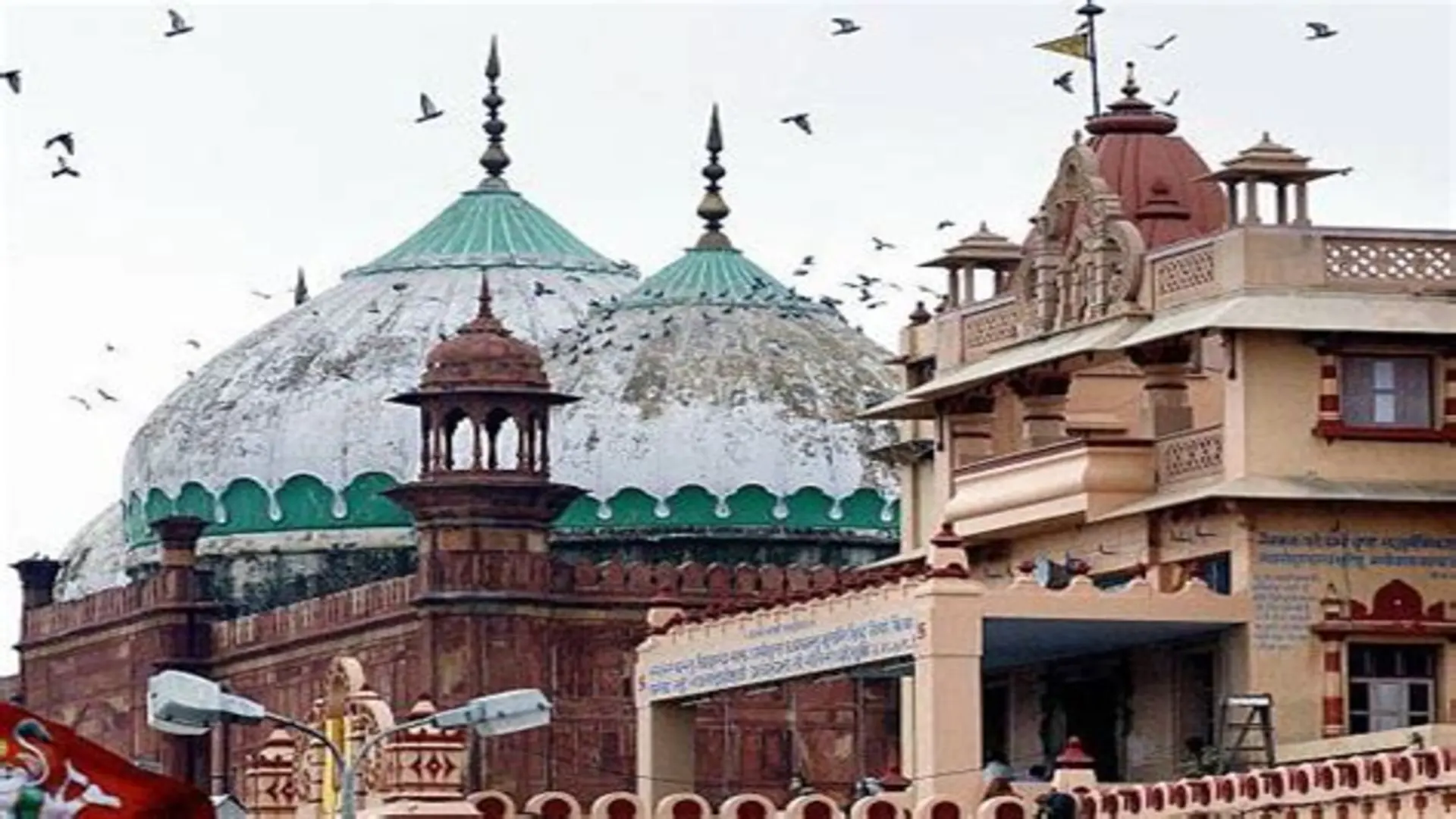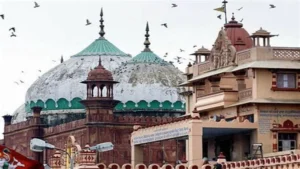In a case that intertwines history, faith, and law, the Supreme Court of India on Monday scheduled a hearing for January 2025 on the contentious Krishna Janmabhoomi and Shahi Masjid Idgah issue in Mathura. A bench comprising Chief Justice of India (CJI) Sanjiv Khanna and Justice Sanjay Kumar announced the hearing after the winter vacation following a brief session.
The dispute has spurred over 15 lawsuits filed by various Hindu devotees, claiming that the Shahi Masjid Idgah stands on the site of Lord Krishna’s birthplace. The lawsuits challenge the mosque’s presence on the 13.37-acre premises of Katra Keshav Dev temple, a land allegedly tied to Lord Krishna’s Janmabhoomi.
Mosque Committee Challenges High Court Order
At the heart of the legal tangle is the Allahabad High Court’s August 1 judgment dismissing objections raised by the Committee of Management Trust Shahi Masjid Idgah against the maintainability of the lawsuits. The mosque committee filed a plea in the Supreme Court through advocates Mehmood Pracha and RHA Sikander, seeking a stay on the High Court’s order and interim relief.
“The High Court has passed an inherently flawed judgment by combining selective pleadings of different suits filed by different plaintiffs/respondents…into a common hotchpotch,” the plea read. The committee argued that the High Court ignored individual specifics of the 15 suits, dismissing all applications filed under Order VII Rule 11 of the CPC by a single composite judgment.
The mosque committee further contended that the lawsuits were barred under various legal provisions, including the Limitation Act, Places of Worship Act, Specific Relief Act, Waqf Act, and Order XXIII Rule 3A of the CPC.
Hindu Devotees Demand Ownership and Removal
The legal battle gained momentum with a suit filed by Ranjana Agnihotri, a Lucknow resident, in the Mathura District Court. Agnihotri demanded ownership of the land and the removal of the Shahi Idgah mosque, which she claims was constructed on the orders of Mughal Emperor Aurangzeb in 1669-70.
The Committee of Management Trust Shahi Masjid Idgah had previously appealed against a May 26 order from the Allahabad High Court, which transferred all cases related to the Krishna Janmabhoomi land dispute from the Mathura District Court to itself.
Also read: Manipur Violence: SC Demands Sealed Report on Burnt, Looted, Encroached Properties
A Complex Legal Terrain
The Supreme Court’s intervention in this high-stakes dispute underscores the legal complexity and sensitivities surrounding the case. The petitions filed by Hindu devotees have reignited discussions on the historical and religious significance of Krishna Janmabhoomi, while the mosque committee’s defense has brought issues of legal procedure and constitutional principles to the forefront.
As the apex court prepares to address the matter in January 2025, the nation watches closely, anticipating a verdict that could have far-reaching implications for communal harmony, historical narratives, and legal precedents.














